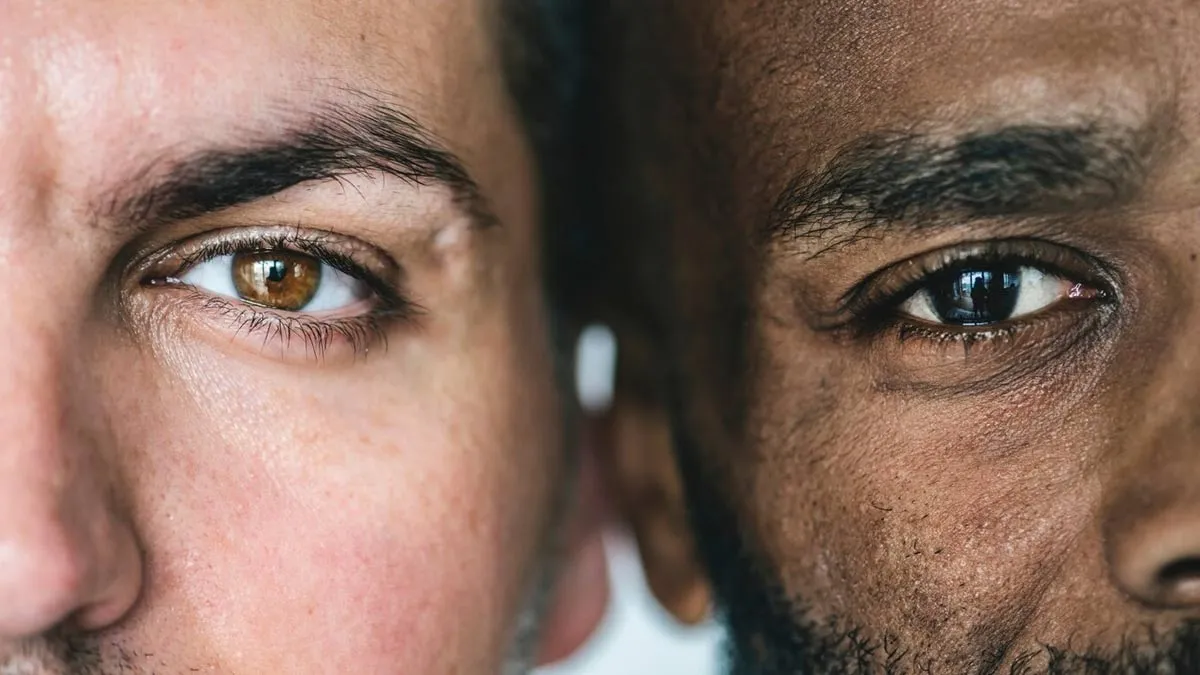
If you have ever been into poetry or literature in general, you would know that the poets and writers are obsessed with eyes. They write songs about its colour, they sing ballads about its glow and say great lines as they marvel at the shape of their beloved’s eyes. But beyond romanticism, have you ever thought what effect your eye colour has on your health, if any?
Table of Content:-
Why Do We Have Different Eye Colours?
Let us first understand how the colour of your eyes works. When we say the colour of the eye, we specifically mean the colour of the iris, a double-layered ring of muscle tissue around your pupil that controls how much light enters your eyes. The colour of the iris itself is dictated by the presence of melanin, a pigment that is responsible for the color of hair and skin as well. If you have a lot of melanin in both the front and back layers of your irises, then you might have brown eyes. Individuals with hazel or green eyes have less melanin in the front layer of their irises than those with brown eyes, and individuals with very little or no melanin in the front layer of their irises might have blue or gray eyes. Some common eye colours are:
- Grey
- Blue
- Green
- Hazel
- Black
- Amber
- Brown
Also Read: What Is The Worst Food For Eyesight?

What Your Eye Colour Says About Your Health
Dr Ipshita Gupta, Ophthalmologist, Harpeye Clinic, Punjab enlists some of the health risks people with specific eye colours are prone to:
Skin Cancer
A study found that the risk of squamous cell cancer was 19 percent higher for people with blue eyes and 24 percent higher for men with hazel or green eyes. Individuals who have less pigment in their eyes are also more likely to have less pigment in their skin, which raises their risk of skin cancer. Research has also indicated that people with light-colored irises (blue or green) have a higher risk of eye melanoma than other colored-eyed persons.
Diabetes
You might have been jealous of your friends with blue eyes and fair skin but you really shouldn’t. A 2011 research study found out that people with these two features were more likely to develop type 1 diabetes.
Cataracts
If you have dark eyes, you're not exempt either: studies have shown that you are at a higher risk of developing cataracts. According to research by the American Academy of Ophthalmology, people with darker eyes are more likely than those with lighter eyes to develop cataracts. Researchers don’t know exactly why this could be true. The authors of one review study suggested the extra melanin in the irises of brown-eyed people might be responsible for greater heat buildup in the eyes, which is associated with cataracts. It's also possible that brown people's higher risk of cataracts is more influenced by their residence than by the colour of their eyes.
Also Read: Woke Up With Swollen Eyes? Here’s How the Monsoon Affects Your Eyes and Ways To Prevent It
-1753771900315.jpg)
Tips For Healthier Eyes
Dr Gupta enlists some of the tips you could follow for better health of your eyes, irrespective of the colour:
- Eat food that is richer in vitamins and Omega 3
- Try different eye exercises like focus shifting, eye rolling, and blinking exercises.
- Maintain basic hygiene
- Avoid rubbing or squinting eyes
- Wear shades in harsh sunlight
- Avoid unnecessary exposure to screens
- Quit smoking
Bottomline
Vision loss is one of the major problems one faces as we get older, especially after you cross a certain threshold of the age, and the colour of your eyes can also have a huge impact on the health of your eyes. Although our eye colour is beyond our control and there is nothing we can do about it, however, by maintaining a healthy lifestyle and taking good care of our eyes, we can give ourselves the best chance against the diseases.
Also watch this video
How we keep this article up to date:
We work with experts and keep a close eye on the latest in health and wellness. Whenever there is a new research or helpful information, we update our articles with accurate and useful advice.
Current Version